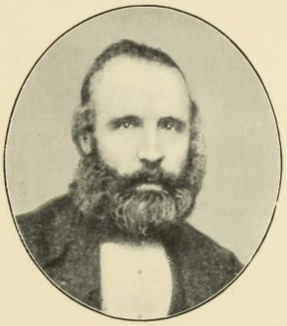In British politics, an affiliated trade union is one that is linked to the Labour Party. The party was created by the trade unions and socialist societies in 1900 as the Labour Representation Committee and the unions have retained close institutional links with it.

The Modern Records Centre (MRC) is the specialist archive service of the University of Warwick in Coventry, England, located adjacent to the Central Campus Library. It was established in October 1973 and holds the world's largest archive collection on British industrial relations, as well as archives relating to many other aspects of British social, political and economic history.

The General Federation of Trade Unions (GFTU) is a national trade union centre in the United Kingdom. It has 35 affiliates with a membership of just over 214,000 and describes itself as the "federation for specialist unions".

The Amalgamated Engineering Union (AEU) was a major British trade union. It merged with the Electrical, Electronic, Telecommunications and Plumbing Union to form the Amalgamated Engineering and Electrical Union in 1992.
The Federated Moulders' (Metals) Union of Australia (FMMUA) was an Australian trade union which existed between 1899 and 1983. It represented moulders – skilled tradesmen who fabricated the moulds for casting metal products in foundries. In spite of only organising within a single skilled occupation, which kept total membership low, the vital position of moulders in major industries such as mining, manufacturing and the railways, ensured that the union remained industrially powerful with a reputation for being highly militant.
Rowland William Casasola, known as "Roland", was a British trade unionist and political activist.
The Amalgamated Union of Foundry Workers (AUFW) was a trade union representing workers in foundries in the United Kingdom.
The National Union of Foundry Workers (NUFW) was a trade union representing workers in foundries in the United Kingdom.

The Associated Iron Moulders of Scotland (AIMS) was a trade union representing foundry workers in Scotland.
The Amalgamated Society of Core Makers of Great Britain and Ireland (ASC) was a trade union representing foundry workers in the United Kingdom.
The Ironfounding Workers' Association was a trade union representing foundry workers in the United Kingdom, principally in Scotland.

Daniel Guile was a British trade unionist.
Alexander Hutchison was a Scottish trade union leader who served as chair of the General Federation of Trade Unions (GFTU).
George Bell was a British trade union leader, who served as general secretary of the General Federation of Trade Unions (GFTU).
The Amalgamated Moulders and Kindred Industries Trade Union was a trade union representing semi-skilled moulders in the United Kingdom.
James Fulton was a Scottish trade unionist.
Joseph Maddison was a British trade unionist.
Archibald G. Logan was a Scottish trade unionist and politician.
The International Secretariat of Foundry Workers was a global union federation bringing together unions representing workers in metal foundries.





